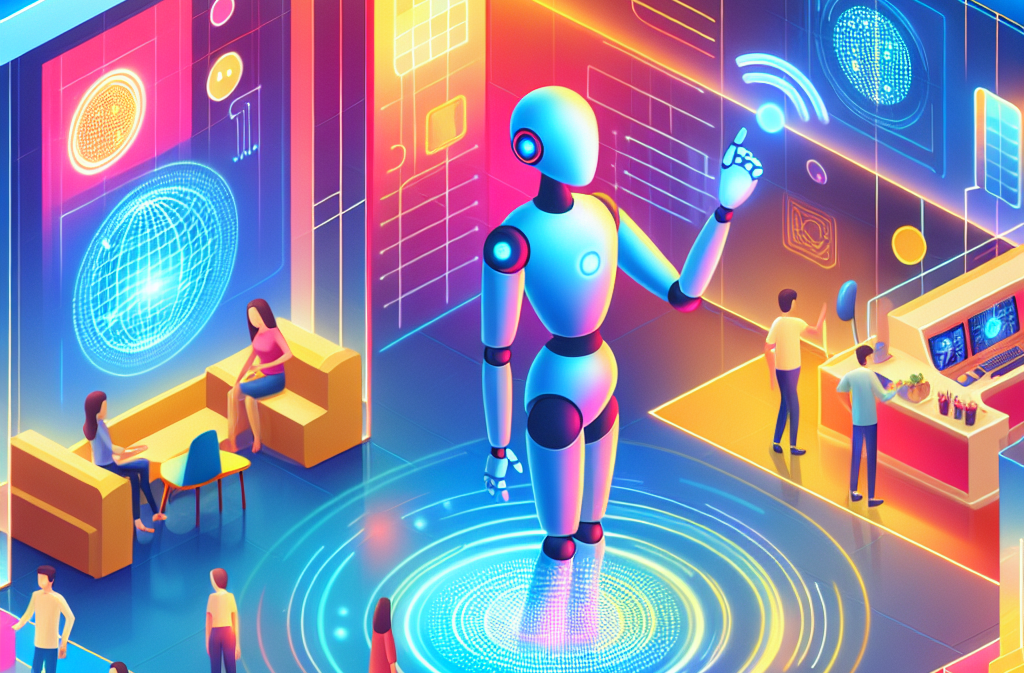Understanding AI Agents: How They Work and Their Impact

Artificial intelligence (AI) is revolutionizing the way we interact with technology, and one of its most fascinating applications is AI agents. These intelligent systems perform tasks, make decisions, and adapt to changing environments—all without direct human intervention. But what exactly are AI agents, and how are they shaping the future?
What Are AI Agents?
AI agents are autonomous programs that interact with their surroundings to achieve specific goals. They can process data, recognize patterns, and make decisions based on predefined rules or learning mechanisms. Unlike traditional software that follows rigid instructions, AI agents continuously evolve, improving their effectiveness over time.
Types of AI Agents
AI agents vary in complexity, ranging from simple rule-based bots to sophisticated systems powered by machine learning. Here are a few common types:
- Reactive Agents – These agents act solely on predefined conditions, responding to stimuli without memory or learning capabilities (e.g., a chatbot with scripted responses).
- Model-Based Agents – More advanced than reactive agents, these systems maintain internal models of the world, enabling them to anticipate outcomes and make informed decisions.
- Goal-Oriented Agents – These agents work toward achieving specific objectives by continuously evaluating their progress and adjusting their actions accordingly.
- Learning Agents – The most advanced type, learning agents improve over time using algorithms such as reinforcement learning and deep learning. They adapt based on previous interactions to optimize their performance.
Applications of AI Agents
AI agents are used across various industries, enhancing efficiency and driving innovation. Some key areas where AI agents excel include:
- Customer Service – AI-powered chatbots provide instant support and automate customer interactions.
- Healthcare – Intelligent diagnostic systems analyze medical data to assist doctors in detecting diseases and recommending treatments.
- Finance – AI agents monitor transactions, detect fraudulent activity, and provide investment recommendations.
- Autonomous Vehicles – AI agents control self-driving cars, analyzing road conditions and making real-time decisions for safe navigation.
- Gaming & Entertainment – AI-driven opponents and characters create more immersive gaming experiences.
The Future of AI Agents
As AI technology continues to evolve, AI agents will become even more sophisticated. Emerging trends such as AI-powered assistants, autonomous robots, and decision-making algorithms are paving the way for a future where intelligent systems seamlessly integrate into everyday life. Ethical considerations, such as ensuring fairness and mitigating biases in AI decision-making, will also remain critical in shaping responsible AI development.
AI agents are redefining automation, personalization, and decision-making. Whether in business, healthcare, or entertainment, their influence will only grow, making them a key component of the AI-driven future.





